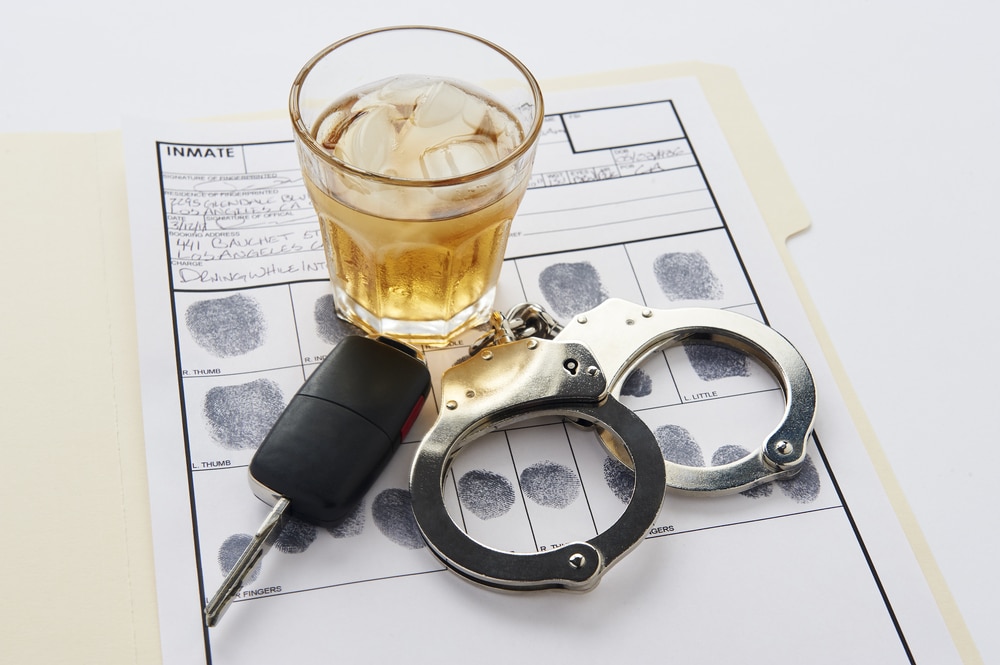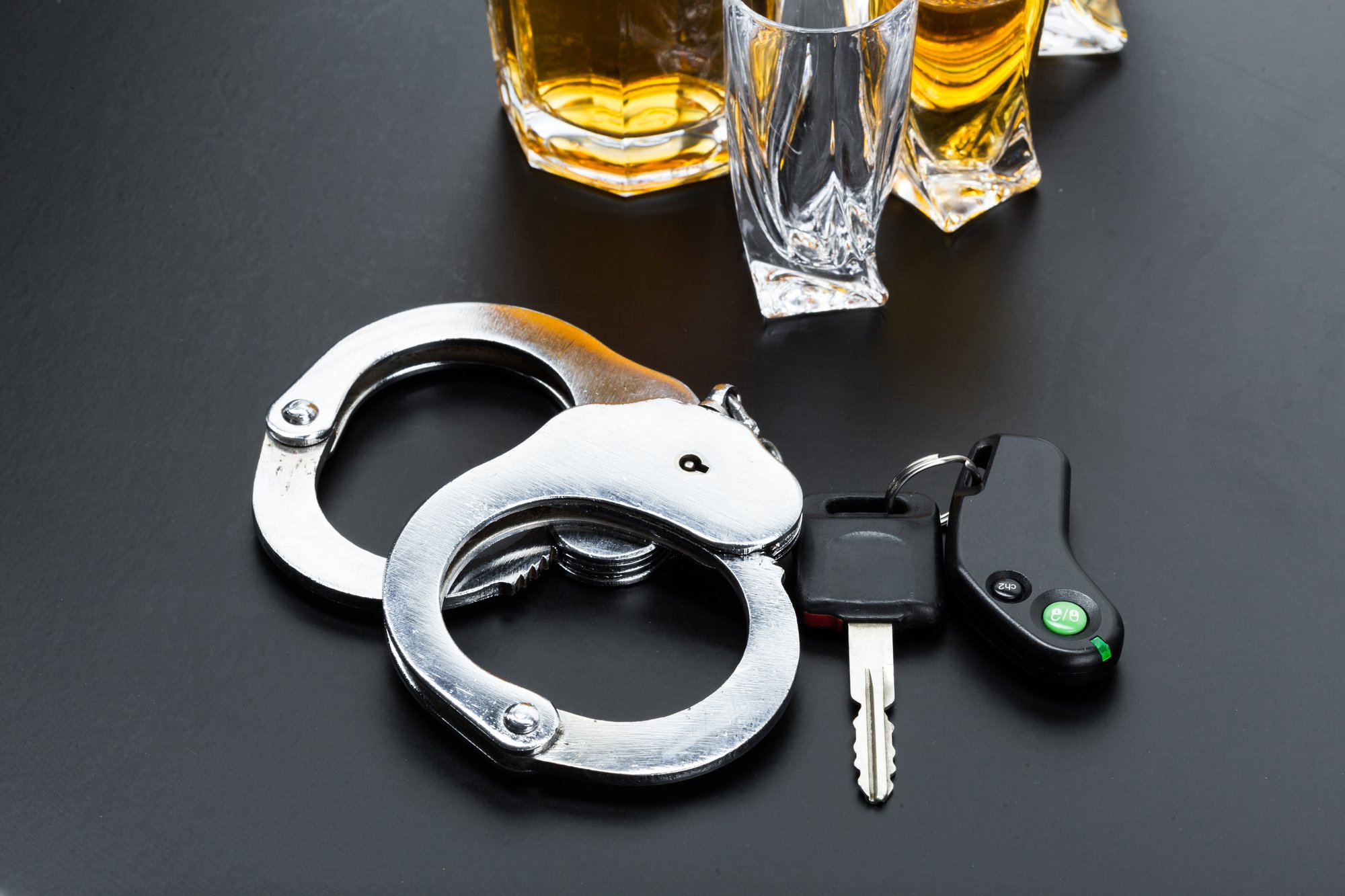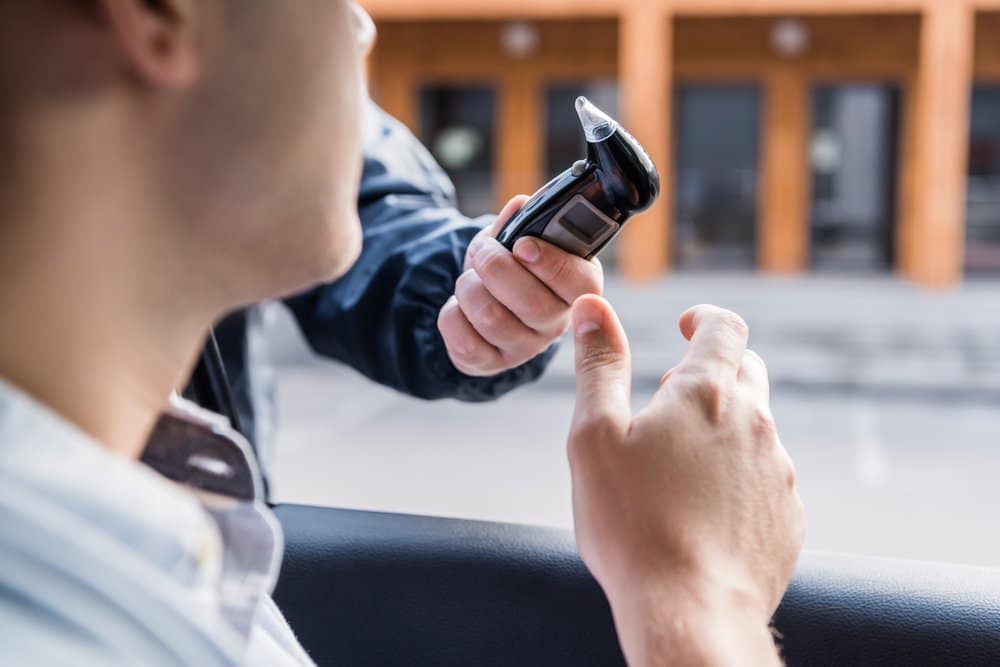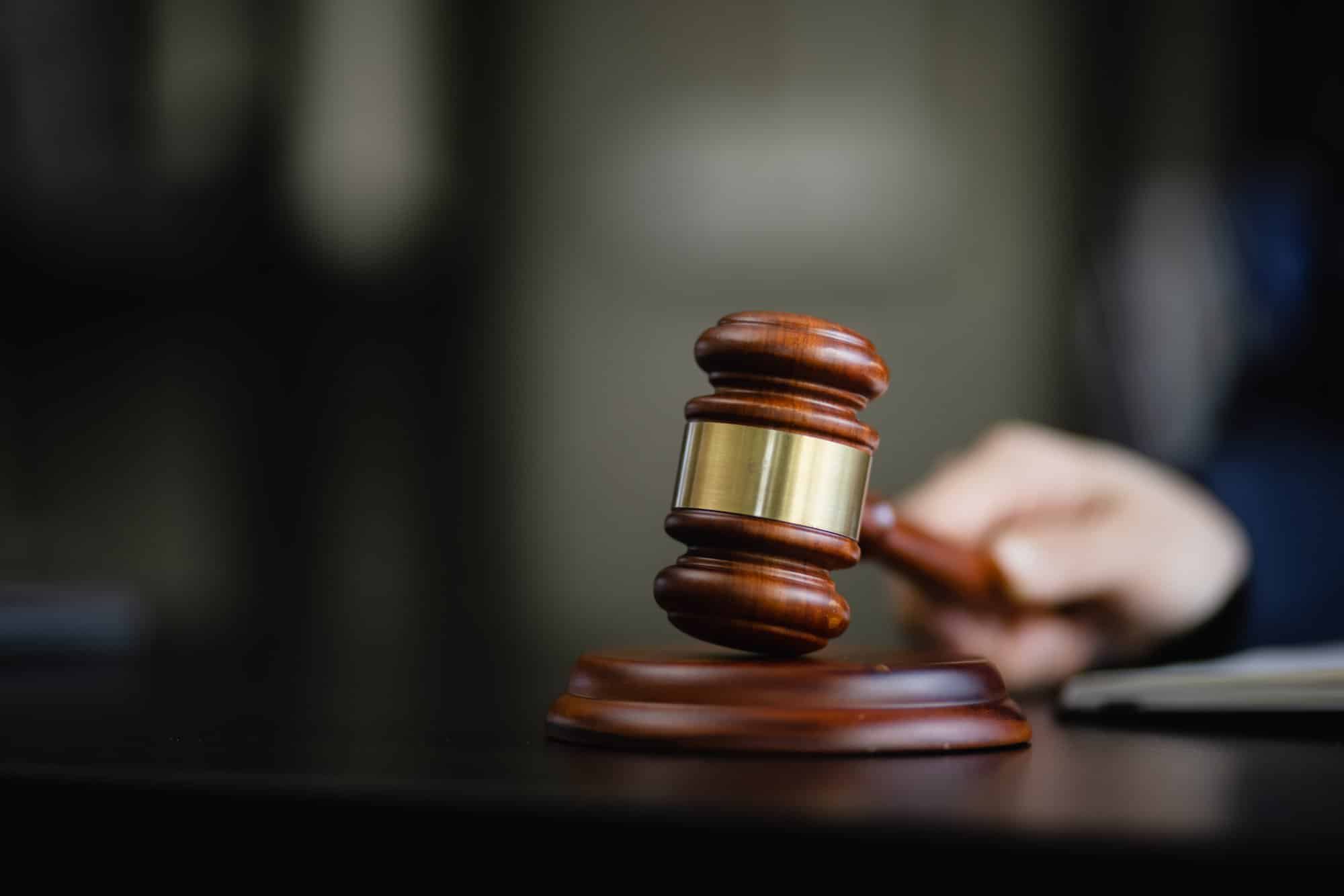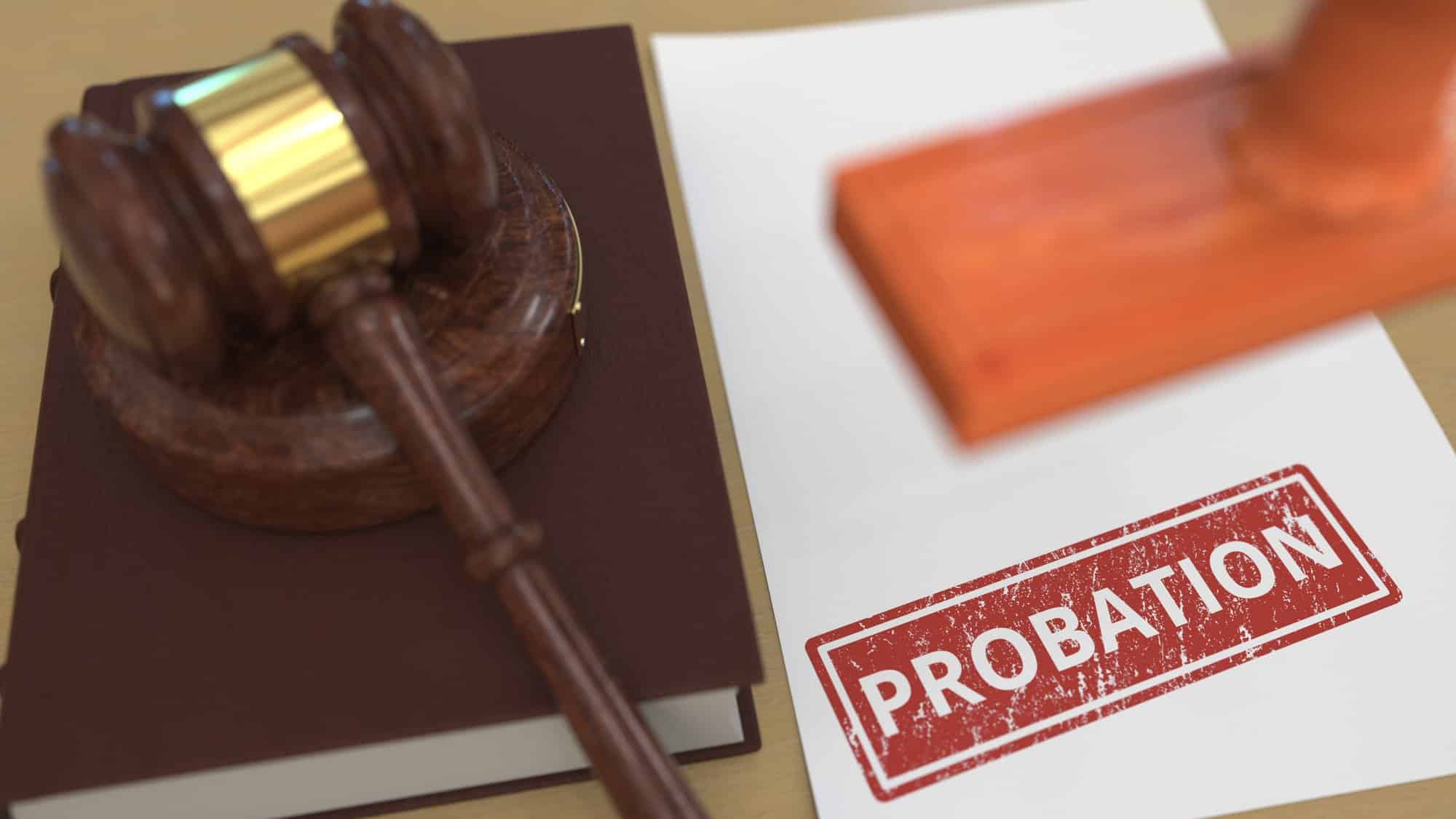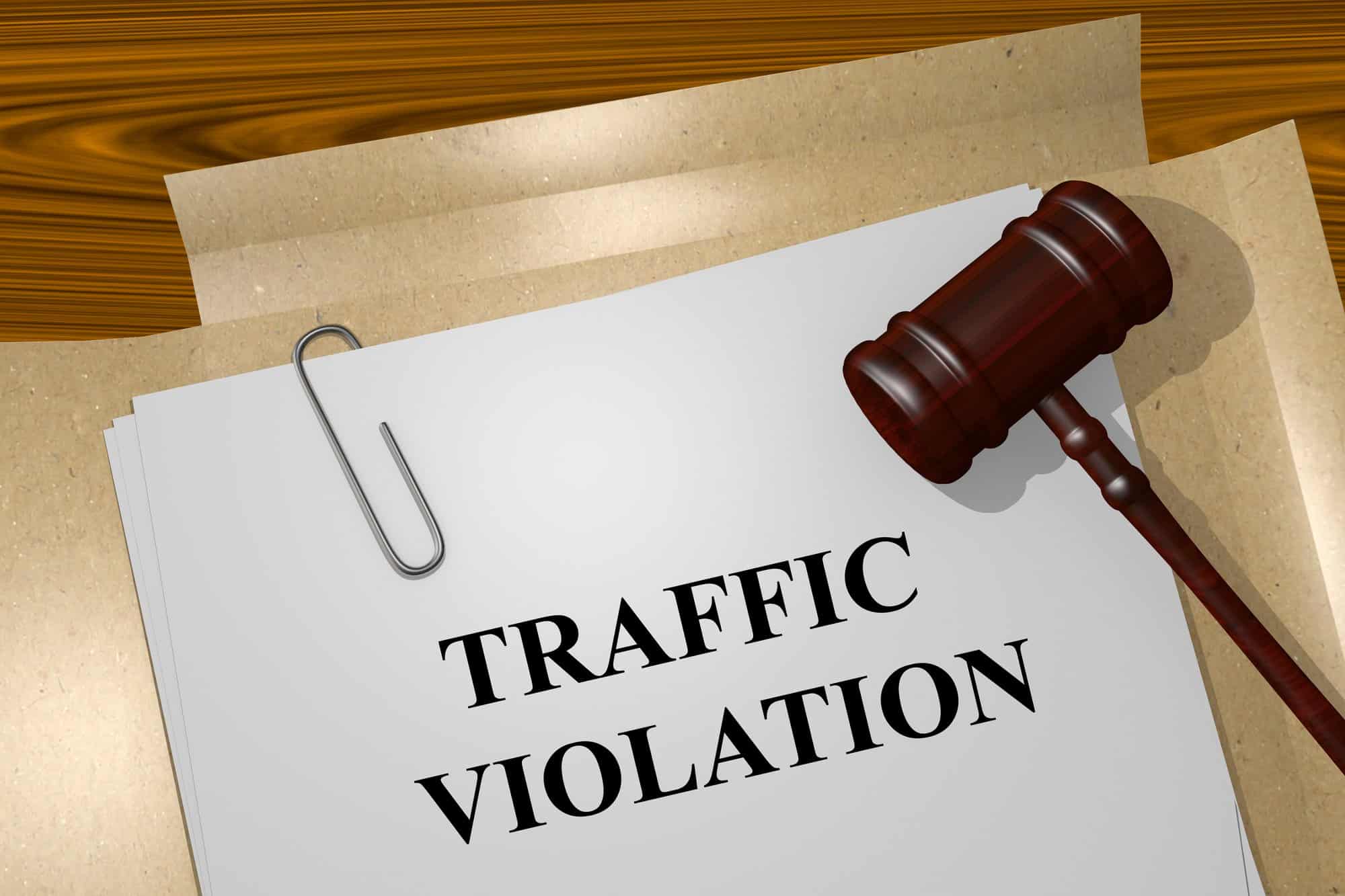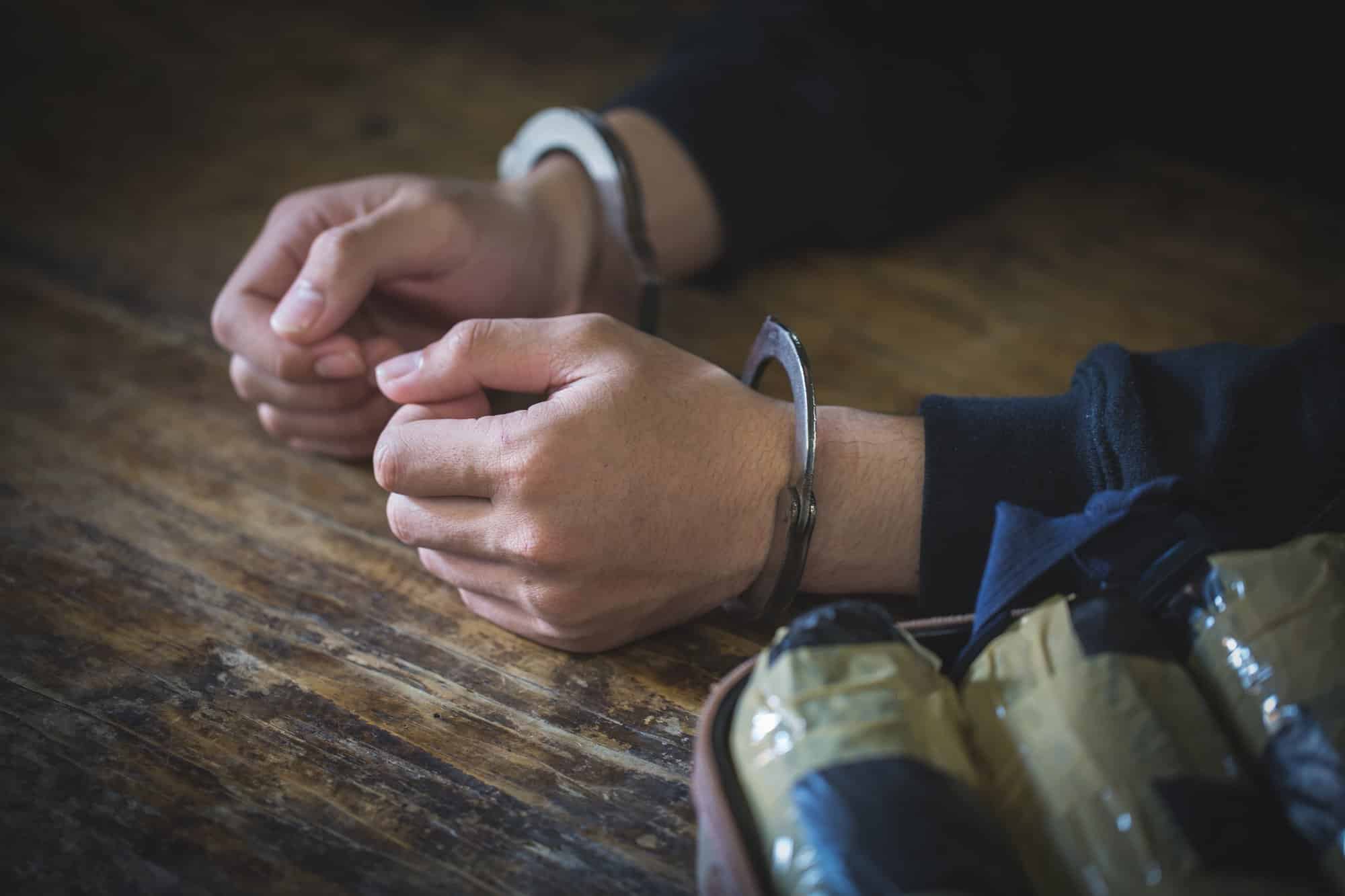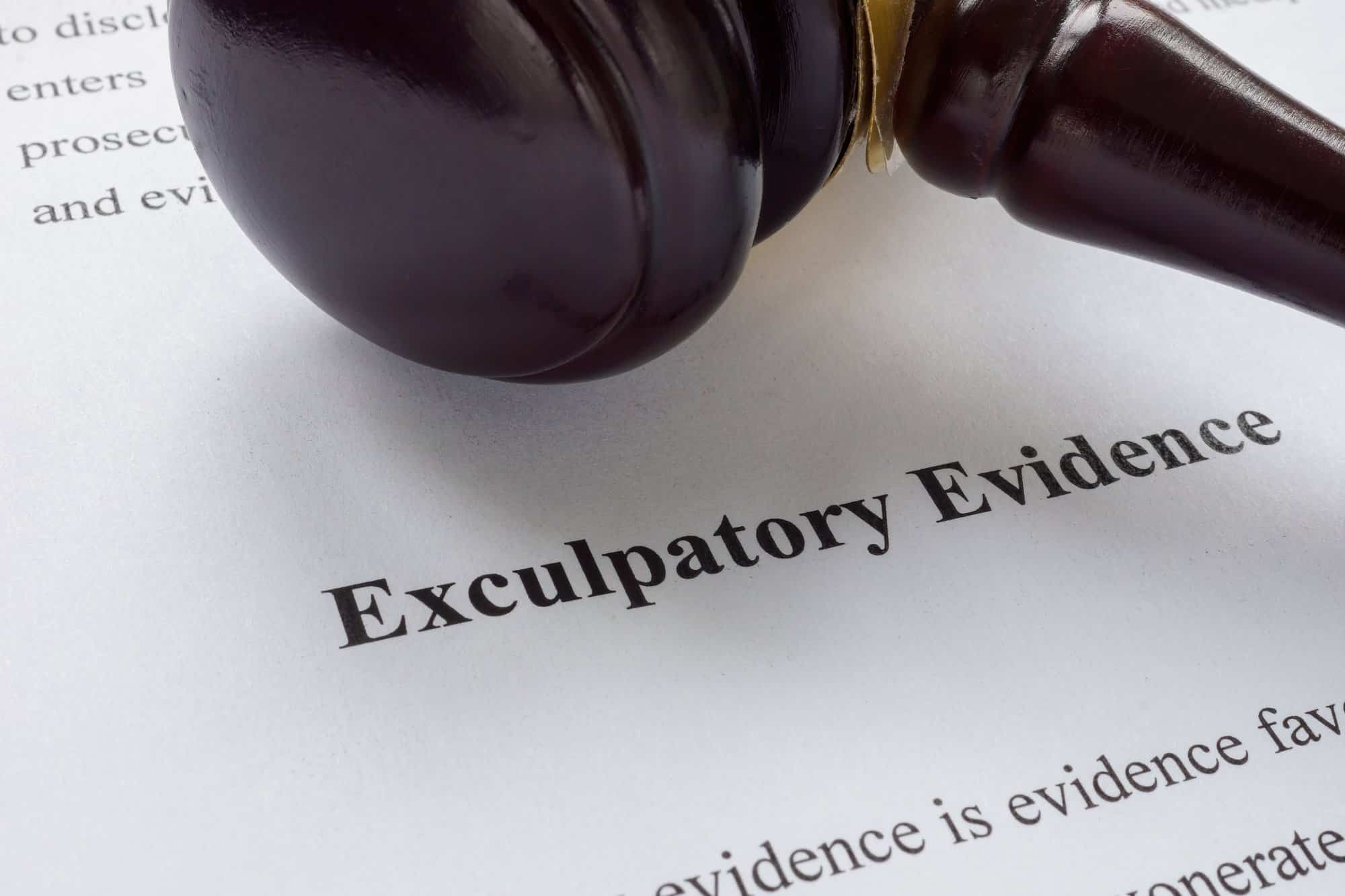Being pulled over for drinking and driving can be a stressful and overwhelming experience. A DWI can not only result in monetary fines and jail time, but it can also lead to personal, professional, and financial ramifications. Critically, any mistakes you make during the arrest process can potentially harm your case and result in unintended consequences. Here are some of the most common errors to avoid during the DWI arrest process:
Admitting Guilt
One of the biggest mistakes people make when arrested for drinking and driving is admitting guilt or making incriminating statements to law enforcement. Importantly, you have the Constitutional right to be presumed innocent until the prosecution proves your guilt beyond a reasonable doubt. Although you should not lie to the police, you also should not volunteer information other than what is required.
During a DWI arrest, it’s best to exercise your right to remain silent. By being too talkative, you can inadvertently harm your case — the prosecution can use anything you say to the police against you in court.
Failing to Comply with Law Enforcement’s Instructions
While you have rights if you’ve been arrested for a DWI, it’s important to be polite and respectful to the police officer. Refusing to cooperate with law enforcement can only hurt your case. Although you can politely decline to answer their questions and refuse field sobriety tests, you must still provide the police with identification, proof of registration, and insurance information.
Not Remaining Calm
While remaining calm during a DWI stop isn’t necessarily easy, it’s vital to remain calm and keep your composure. While it’s natural to be nervous, appearing anxious, being agitated, or not cooperating can only escalate the situation and be detrimental to your case. The police officer who pulled you over will be making observations regarding your conduct during the entire encounter which they can later bring up in court. In addition, being combative, resisting arrest, or arguing with the officers may not only create a negative impression — but it can sometimes lead to additional criminal charges.
Failing to Understand Your Miranda Rights
If you’ve been arrested for a DWI, you have certain rights under both the United States Constitution and New York law. Notably, you must be read your Miranda warning upon custodial interrogation. This means if the police have detained you, before questioning can begin, they must advise you that you have the right to remain silent, the right to have an attorney — and inform you that anything you say can be used against you.
However, simply remaining quiet does not qualify as an assertion of your Miranda rights. Under the Miranda rule, you must clearly and verbally state that you will be exercising your right to remain silent or that you wish to speak with an attorney. Asserting these rights cannot be used against you in your case.
Not Contacting an Attorney Immediately
The most important thing you can do upon being arrested for a DWI is to seek counsel immediately. An experienced DWI attorney can inform you regarding your rights and the steps you should take to avoid incriminating yourself — or other potential pitfalls in your case. They can also advise you whether it is in your best interests to submit to a breathalyzer. Significantly, when an attorney is involved early on, they can immediately begin reviewing the facts of your case and work to develop a strategy to fight the charges.
Contact an Experienced New York Criminal Defense Attorney
If you’ve been pulled over for a DWI, it’s crucial to understand that an arrest doesn’t always mean a conviction. A knowledgeable DWI attorney can protect your rights, help to minimize the consequences, and work to achieve positive results on your behalf. The DWI defense attorneys at D’Emilia Law provide reliable representation to clients who are facing DWI charges and strive to obtain the best possible outcomes in their cases. To schedule a consultation, contact us at 1-888-DEMILIA.

